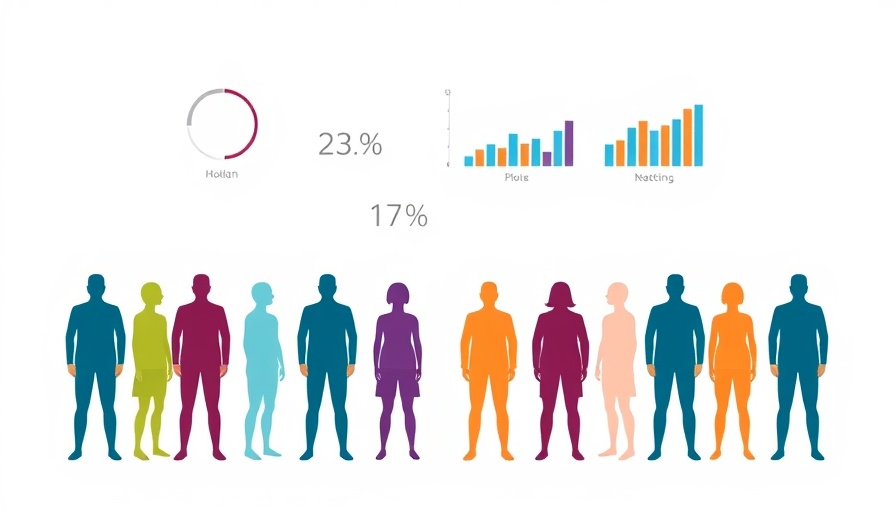
AI Tools and Healthcare: The Coming Cost Surge
The future landscape of healthcare is witnessing a fascinating yet concerning trend as artificial intelligence (AI) tools become integrated into medical practices. While AI has the potential to streamline processes, there’s growing concern that it may inadvertently lead to increased healthcare costs.
Understanding the Impact of AI on Healthcare Costs
AI tools, especially those designed for scribes in healthcare, where they assist with documentation, are being marketed as a way to enhance efficiency. However, the reality may be quite different. As systems become more complex, the operating costs could rise significantly. Healthcare providers might charge patients more to cover the expenses associated with these technologies.
Innovation or Expense? Our Choices Matter
The dilemma many face is whether the improvements in time efficiency brought by these AI systems justify the accompanying expenses. Additionally, the pressure on healthcare professionals to adopt these technologies could result in a higher demand for AI-enabled tools which may drive up costs further.
What Should Patients and Providers Expect?
For patients, understanding the costs associated with AI is essential. While these tools promise to enhance healthcare delivery, they could also inflate medical bills. Providers must weigh the potential short-term efficiencies against the long-term financial implications for their patients.
The integration of advanced technologies should, ideally, lead to better care without hampering affordability. To navigate this evolving landscape, both patients and healthcare providers will need to remain informed and proactive about the choices they make in healthcare technology.
In conclusion, as we embrace AI tools in healthcare, we must carefully consider their effects on costs and choose wisely to benefit all stakeholders. Will the promise of improved efficiency outweigh the potential for higher medical expenses?
 Add Row
Add Row  Add
Add 




Write A Comment